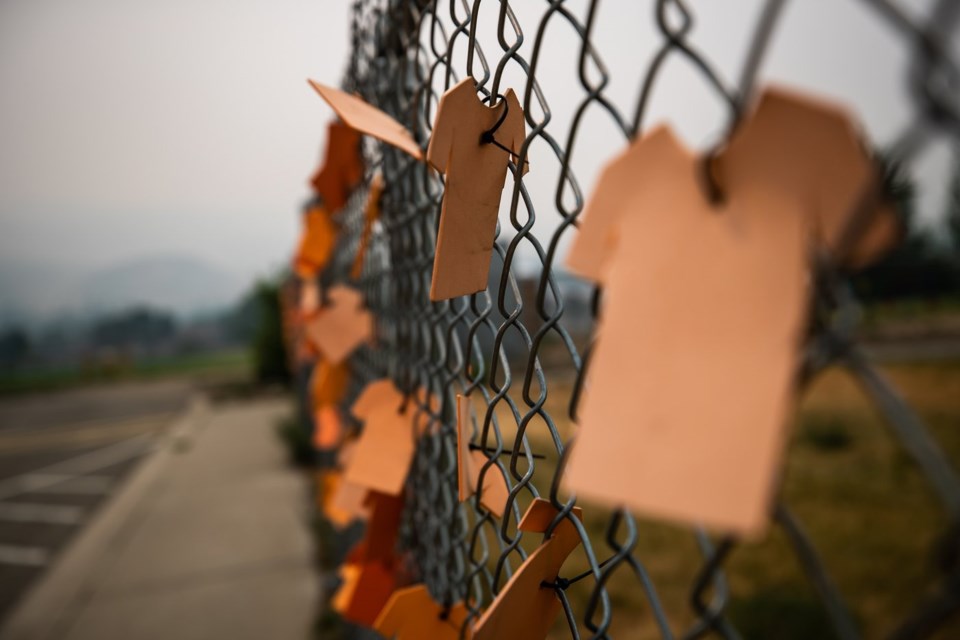CROSS LAKE, MAN. — A First Nation community in northern Manitoba says ground-penetrating radar has found 150 anomalies at the site of a former residential school, including 59 unmarked graves at a nearby cemetery.
The chief of Pimicikamak Cree Nation also says 37 anomalies have been found off-site, more than a kilometre away from St. Joseph's Residential School.
The anomalies — places where the ground has been disturbed — were found at depths of between one and two metres, Chief David Monias said Wednesday.
He said the discovery means work is now needed to determine how many of the anomalies are unmarked burial sites.
"It's quite shocking to hear that many (anomalies), because you wonder how many missing children are there," Monias said.
The St. Joseph's Residential School, managed by the Roman Catholic Church, operated in the community from 1912 to 1969 and housed children from across northern Manitoba.
Researchers earlier documented 85 deaths of children at the school, Monias said when the radar search began two years ago.
Across Canada, an estimated 150,000 Indigenous children were forced to attend residential schools. The Truth and Reconciliation Commission detailed abuse at the schools and estimated 6,000 Indigenous children died at the institutions.
Documents at the National Centre for Truth and Reconciliation say outbreaks at St. Joseph's were linked to overcrowding, including a spread of tuberculosis in 1943.
Monias said the community wants help to continue the investigation. He is calling on the federal government to fund a followup search by the International Commission on Missing Persons, based in The Hague.
"We need an independent, unbiased body to come and help with these searches," Monias said.
The federal government said it will stand with communities.
"Today’s news out of Manitoba is devastating. Residential schools are a shameful reality of Canada’s history, and their painful legacy continues to be felt today," Matthieu Perrotin, press secretary for Crown-Indigenous Relations Minister Gary Anandasangaree, wrote in an email.
"We are working in partnership to support communities as they continue the very important work of locating, identifying and commemorating the remains of children who never came home."
Searches at former residential schools have been launched in many parts of Canada since 2021, when ground-penetrating radar discovered 215 anomalies at the Kamloops Residential School site in British Columbia.
In Manitoba, 14 anomalies were found at the site of the former Pine Creek Residential School. Following excavation, there was no evidence of human remains.
The Sagkeeng First Nation found 190 anomalies in the soil in 2022.
Monias said finding out the truth behind the anomalies will bring closure.
"You can't do that with so many questions in your head and wondering what is the truth out there."
This report by The Canadian Press was first published July 3, 2024.
The Canadian Press




